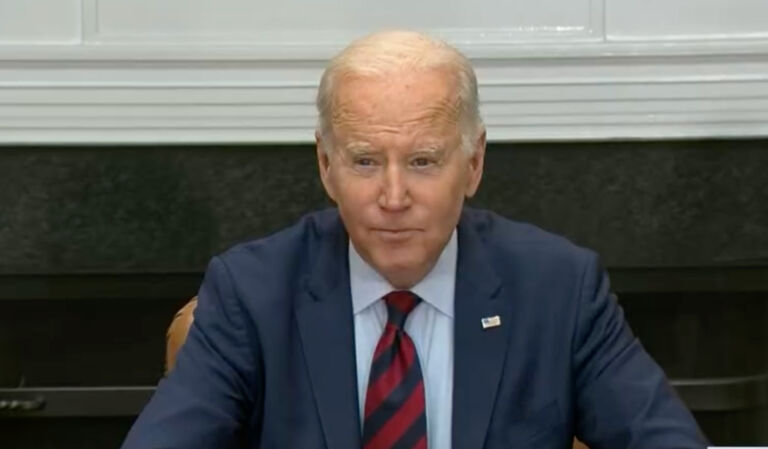Amidst the three hours of the Senate budget debate, that red carpet within the Senate Chamber certainly reflected the mood of debating politicians. And although the proposed amendment to expand Medicaid to 500,000 North Carolinians was defeated, the argument remains relentless. Apparently the budget’s additional $1.2 billion to the state’s $14 billion entitlement program does not seem sufficient.
The state’s Medicaid shortfall continues to increase – it now stands at a projected total of $333 million by the end of the fiscal year. Another $85 million in cost overruns was announced Tuesday evening by the Department of Health and Human Services – it’s not even June yet.
However, the budget does attempt to save health care costs by forcing medical discretion upon Medicaid recipients. The budget will add more copays to services and limit physician office visits from 22 visits a year to 10 visits effective January 1, 2014. Patients with chronic illnesses are exempt from this provision. Furthermore, there is a potential for savings in mental health drug treatment because prescriptions will be subject to prior authorization to ensure appropriate use and positive outcomes.
But some of the state’s politicians just don’t quite understand that North Carolina, along with the rest of the nation, spends way too much on Medicaid. It eats up funds from other key aspects of the budget – like Education and Transportation.
One would think that the results of the circulating landmark study, the Oregon Health Insurance Experiment, would have politicians shouting from the mountaintops that this monstrous government program funded by hardworking taxpayers does not help patients achieve positive health outcomes.
Avik Roy, Senior Fellow at the Manhattan Institute and Forbes Contributor, even points out biased factors of the study itself that were still unable to increase Medicaid’s performance:
First, Oregon physicians receive larger reimbursement – 64% of private coverage rates. This increases beneficiary access to care, as one-third of physicians refuse to accept new Medicaid patients due to low reimbursement rates. This also increases the likelihood of physicians delivering better quality care, as they receive high reimbursement rates for providing Medicaid services.
Second, the Medicaid enrollees knew they were receiving Medicaid.
Third, This implies that this subpopulation either truly wanted or needed medical assistance due to the fact that of the 30,169 Oregonians who “won” the lottery to gain enrollment in Medicaid, only 60% of those who were selected bothered to fill out the forms necessary to sign up for benefits.


